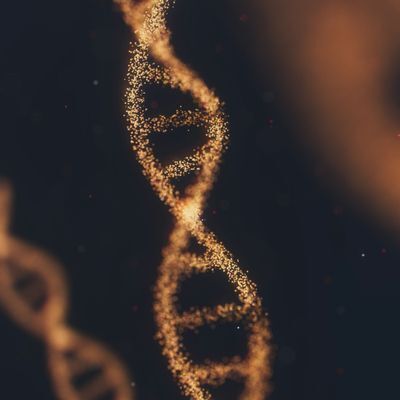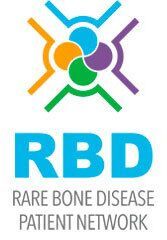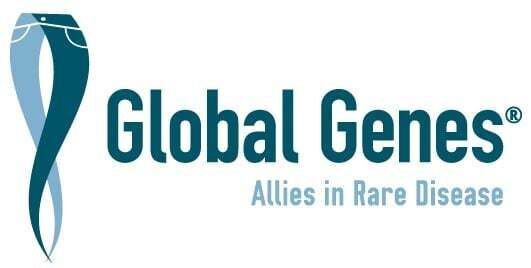
Deandra Mastrogiacomo, a graduate student at the University of South Florida, is working to understand a serious health problem called a lymphatic malformation. These are rare conditions where the lymphatic system—a part of your body that helps move fluids and fight infection—doesn’t form correctly.
One important part of the lymphatic system is valves. These work like little gates that keep fluid flowing in the right direction. Without them, fluid can build up in places like the chest, around the lungs or heart. This can cause serious illness or even death.
Deandra studied mice that were born with a KRAS gene mutation—a change in their DNA that some people with lymphatic malformations also have. These mice developed fluid buildup in the chest, called chylothorax, and many didn’t live past a few weeks. When Deandra looked closer, she saw that the lymphatic valves were missing or disappearing.
At first, she thought this might be because of a protein called vascular endothelial cadherin. This protein (sometimes called VE-cadherin) helps hold cells together and keeps blood and lymph vessels strong. But surprisingly, she found that vascular endothelial cadherin was still there and working properly. So something else had to be causing the problem.
Then she made an exciting discovery. The KRAS gene mutation caused the body to make too many matrix metalloproteinases—enzymes that break down proteins in the body. These enzymes (called MMPs) were destroying important parts of the lymphatic valves. When she used a treatment that blocked the matrix metalloproteinases, she was able to protect the valves in certain parts of the body. This gives hope that future treatments could help people with similar conditions.
Deandra’s work is a big step forward in understanding how gene mutations can affect the lymphatic system. It could lead to better, more targeted treatments with fewer side effects. Her research also shows how important it is to support young scientists who are trying to find new answers for rare and difficult diseases.






